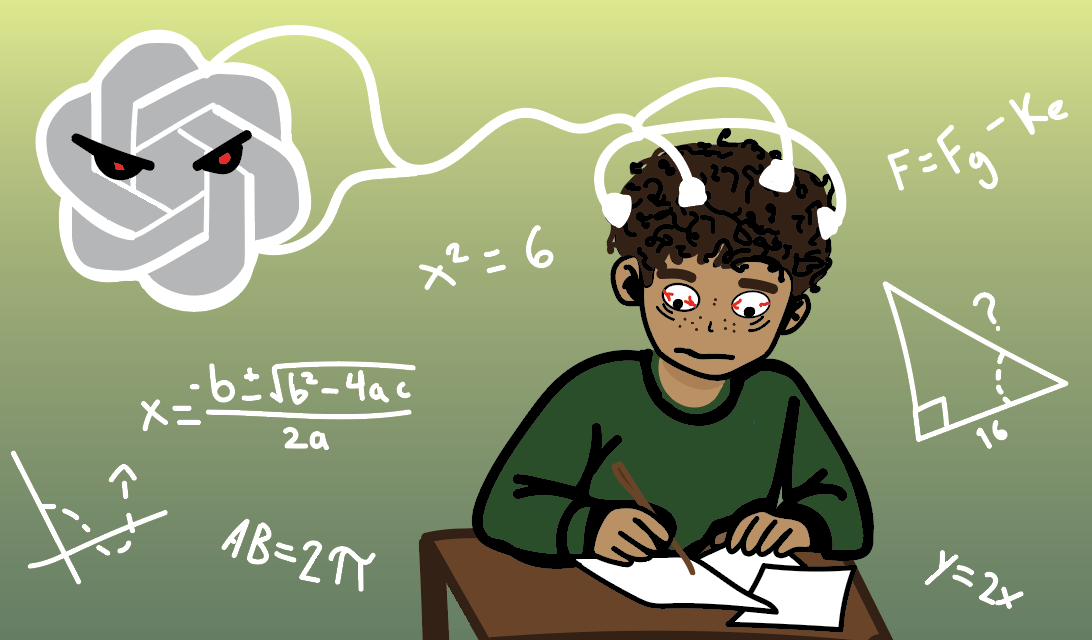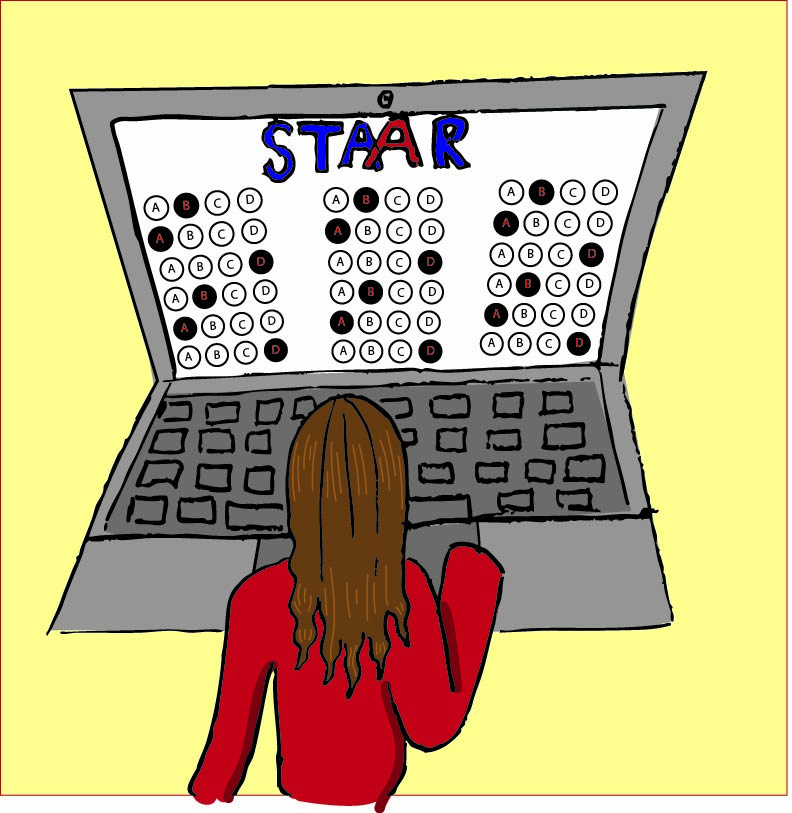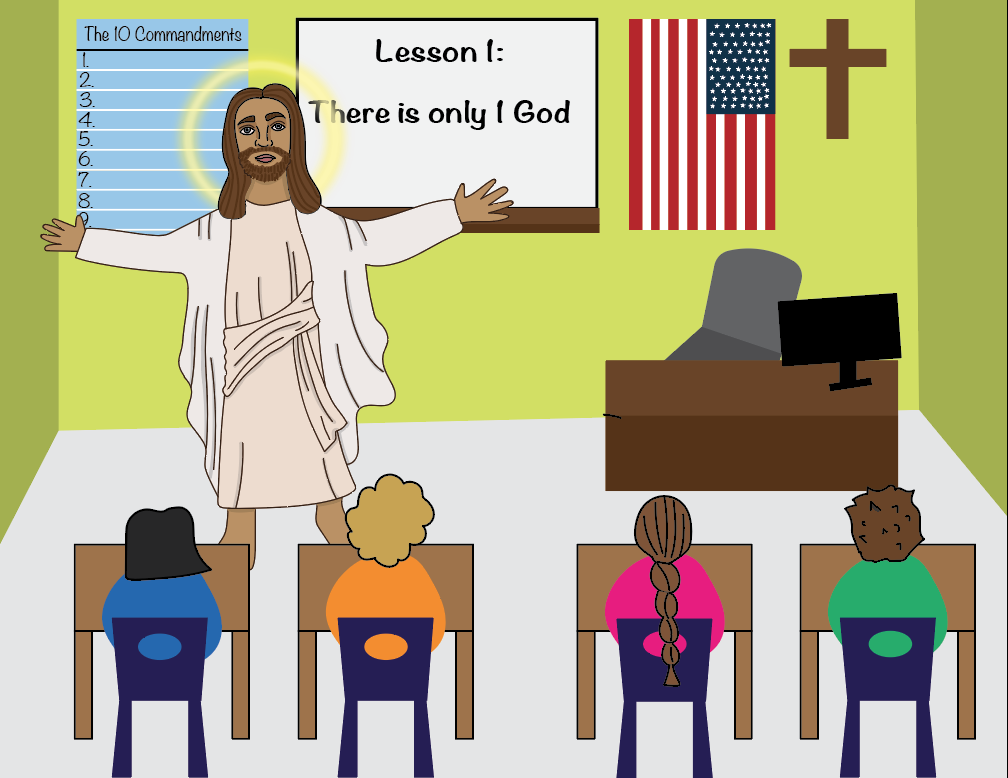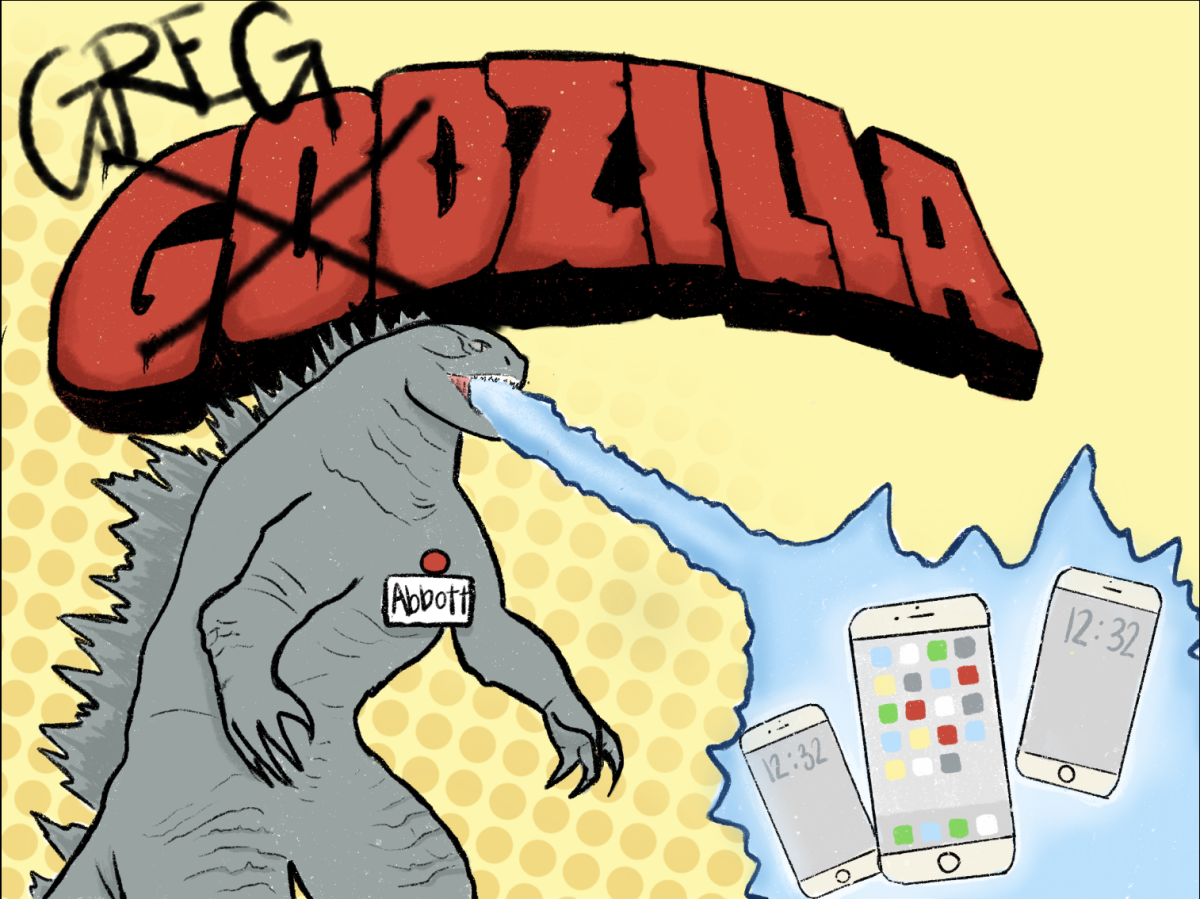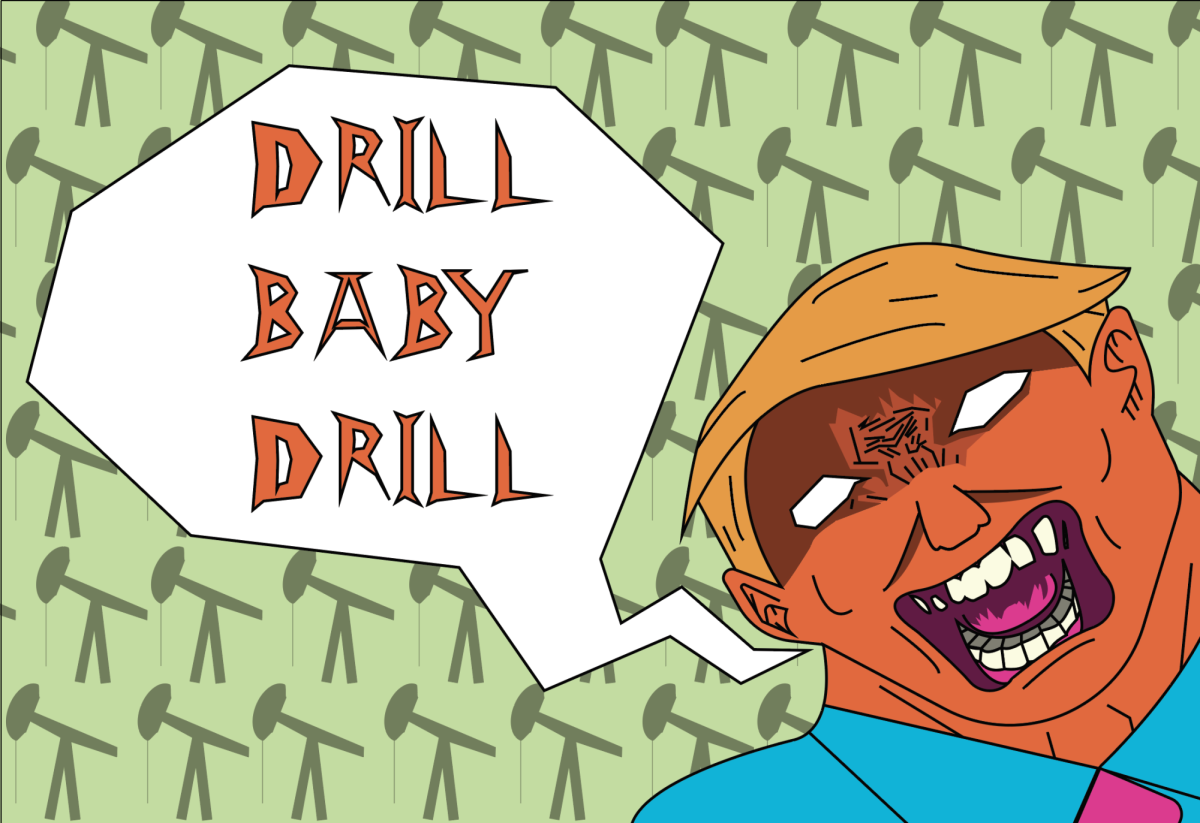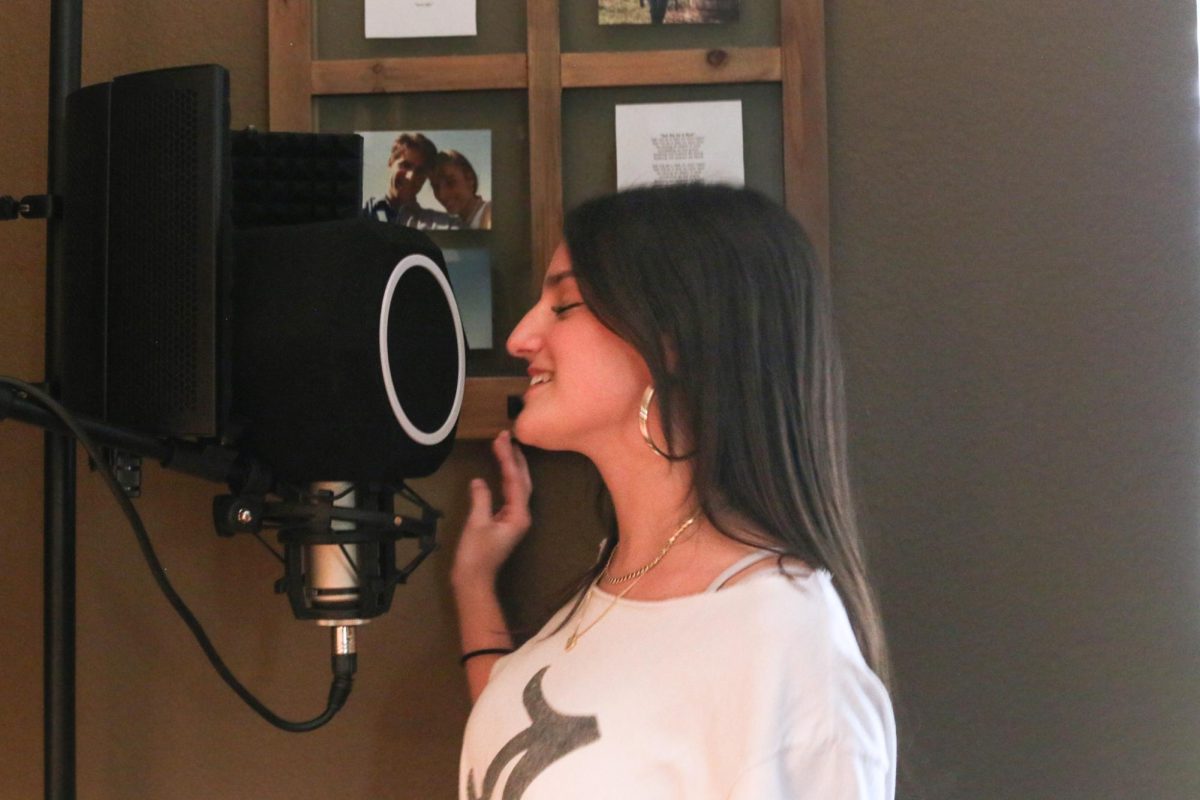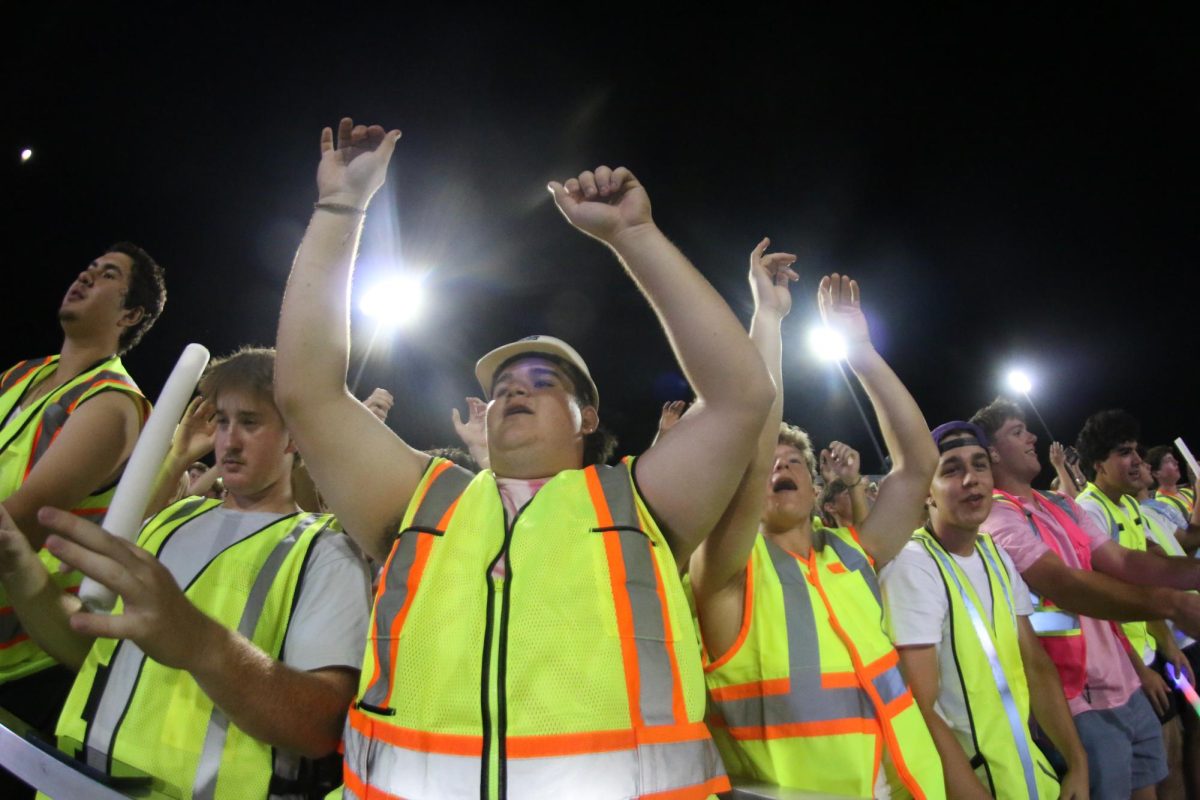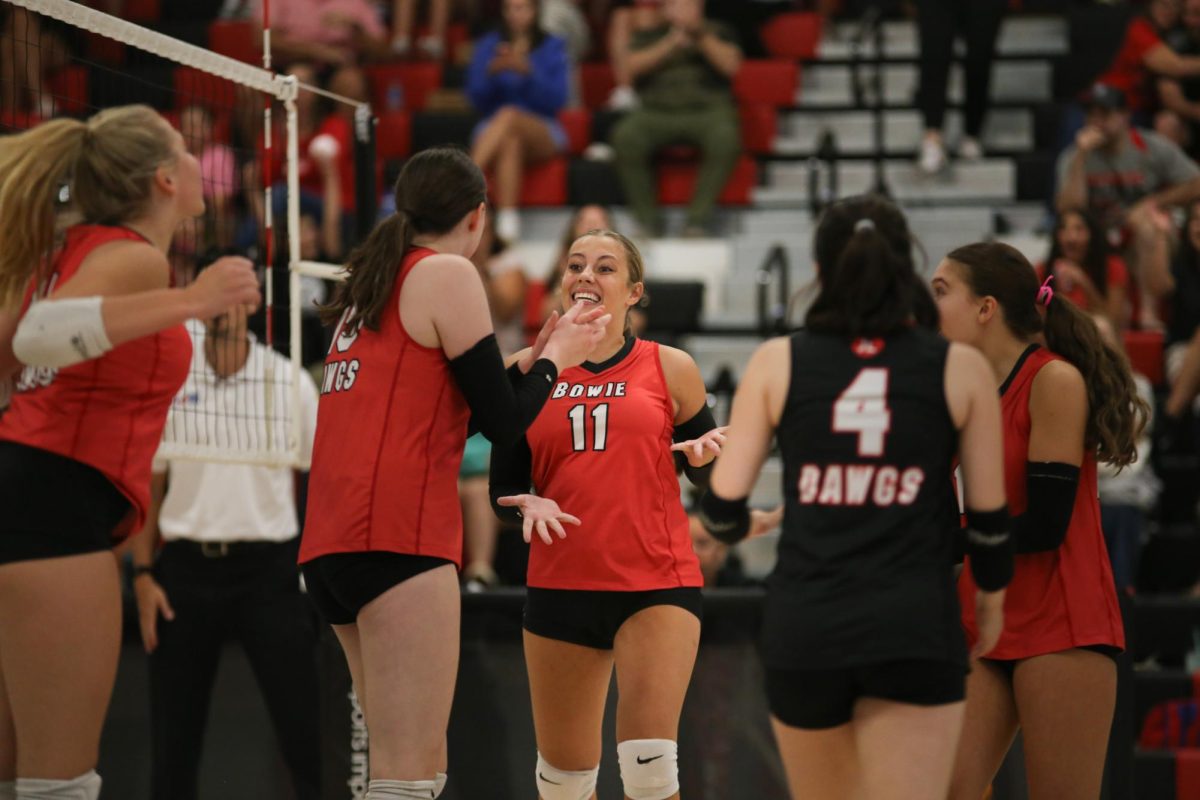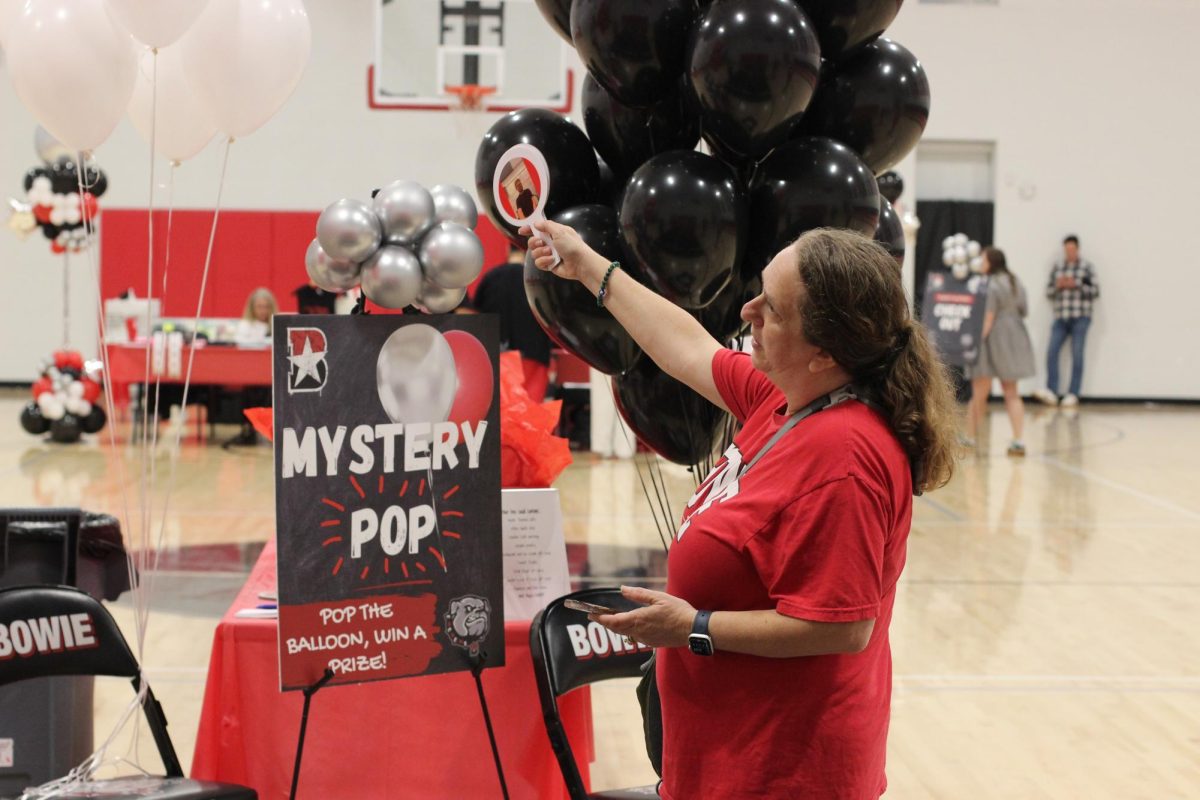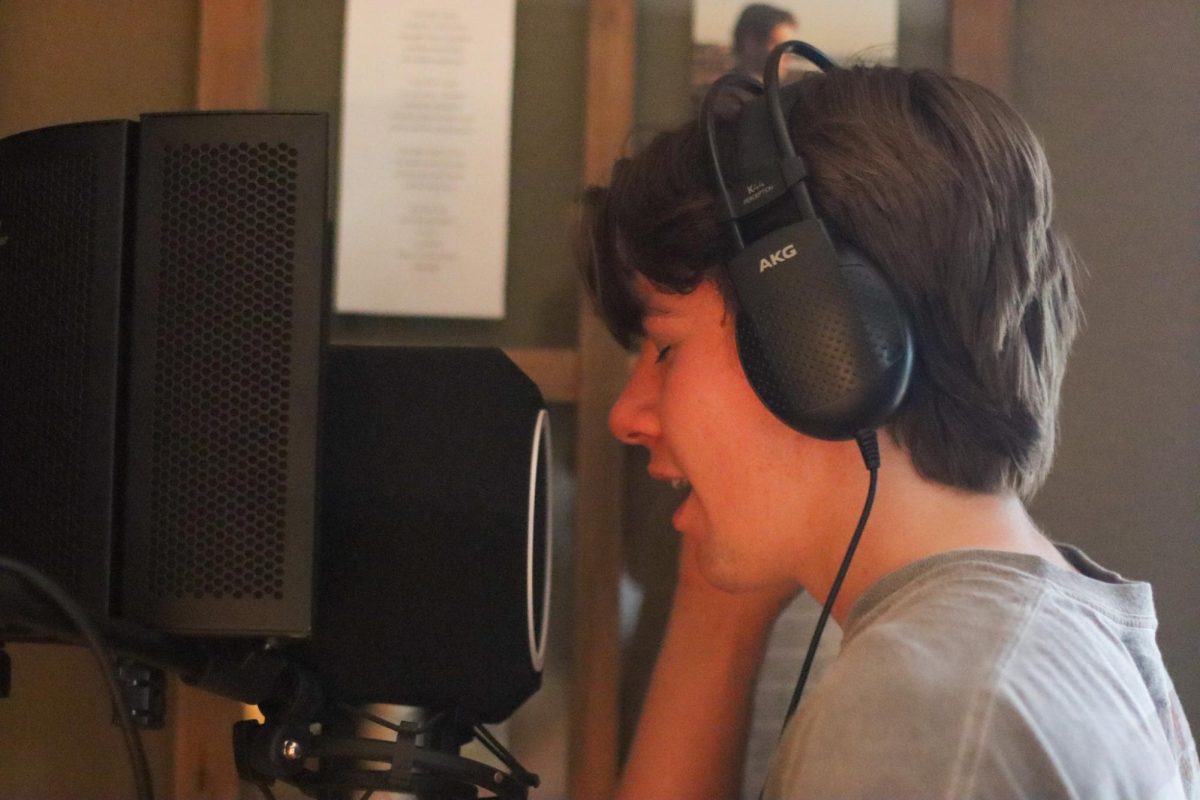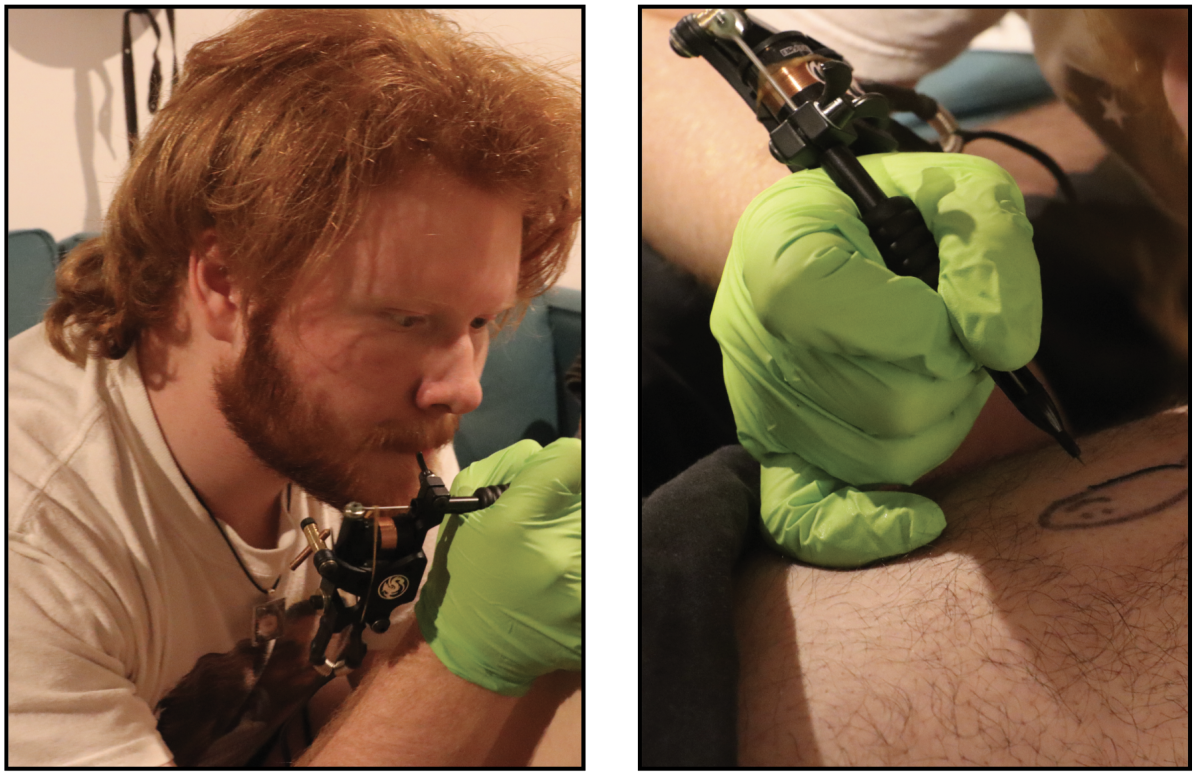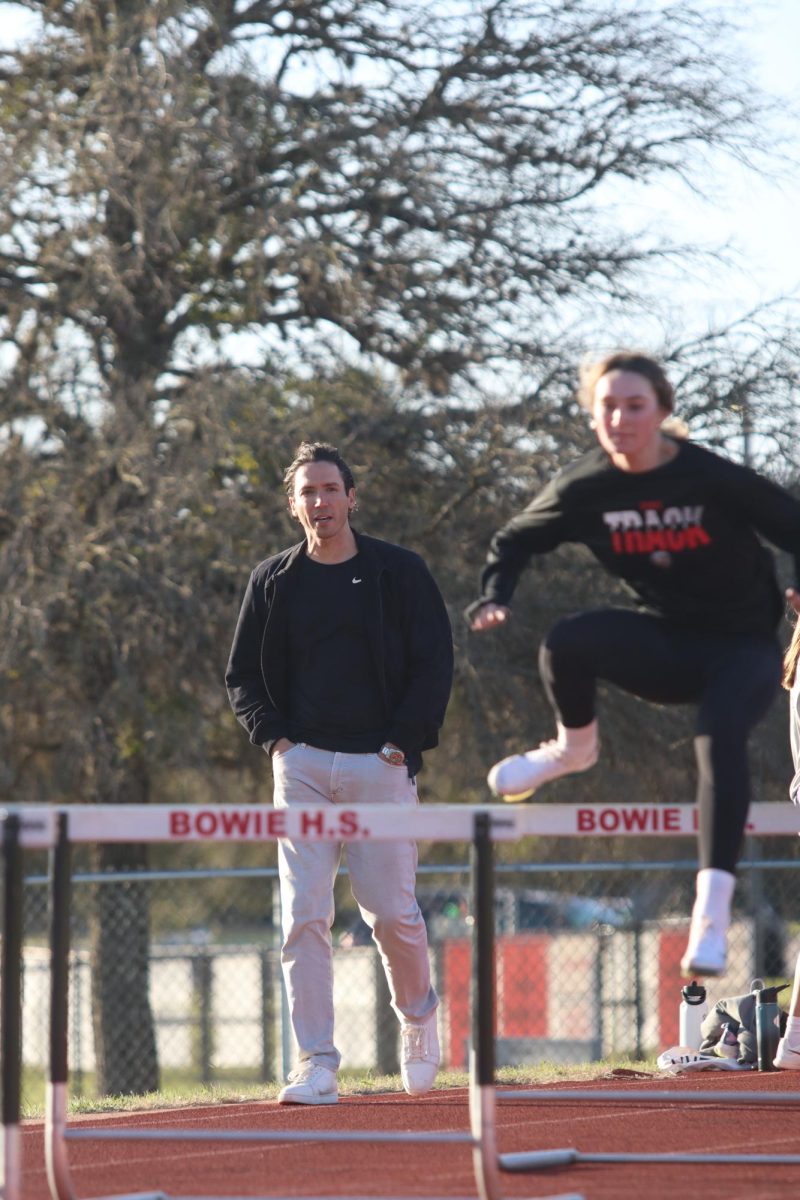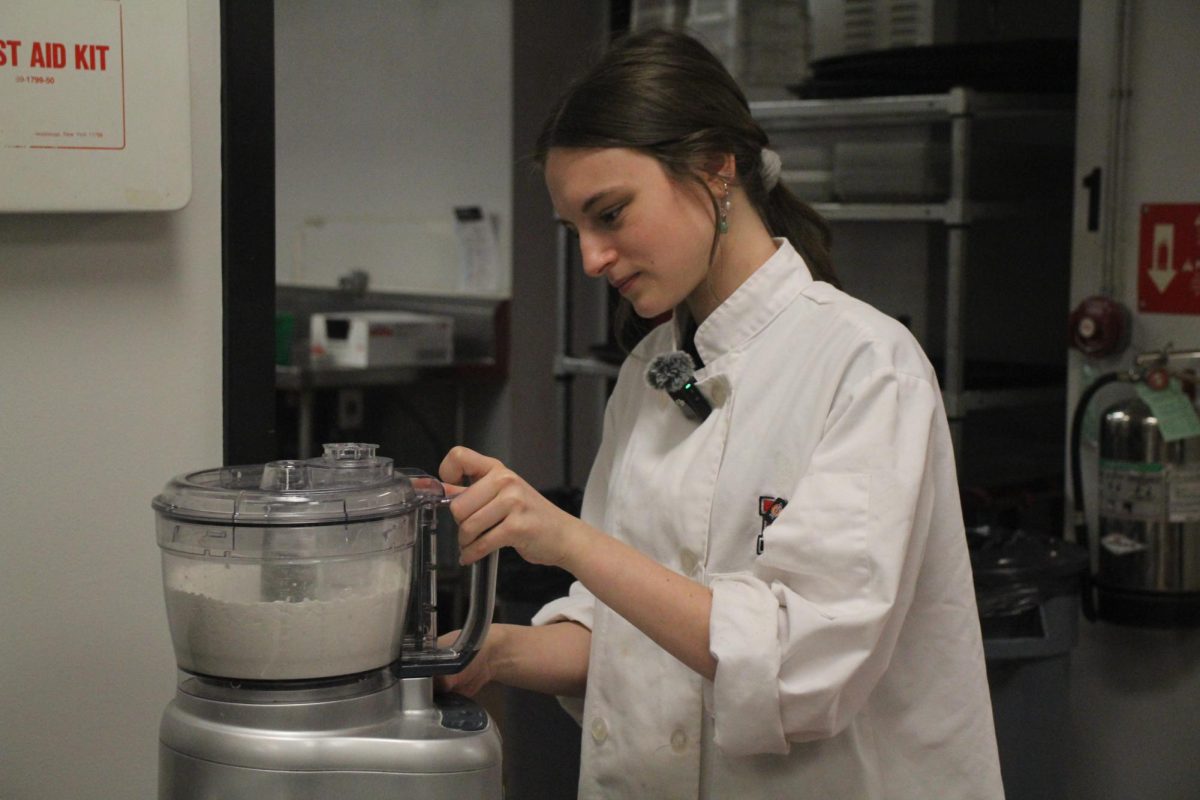It’s no surprise that artificial intelligence (AI) is rapidly evolving and has a presence all throughout social media, school, and work. AI can be used for schoolwork, daily tasks, and problem solving. Though AI has been glamorized more throughout recent years, using AI frequently in school can lead to severe consequences.
Britanica defines AI as “the ability of a digital computer or computer-controlled robot to perform tasks commonly associated with intelligent beings.” AI can be prompted to write essays, answer problems, and complete schoolwork. Though AI might initially benefit the students by completing work on time, AI has many negative impacts such as academic dishonesty, cheating, and the risk of learning opportunities are bound to happen.
Many studies show that the use of AI in schoolwork, such as essays, will result in getting marked or detected for cheating and academic dishonesty. AP News interviewed Casey Cuny, an English teacher of 23 years, and the interview revealed that “The cheating is off the charts. It’s the worst I’ve seen in my entire career.” Cuny also expressed that “Anything you send home, you have to assume is being AI’ed.” Using other work and claiming it as your own is considered plagiarism, even if it was created by an AI chatbot. As a result, AI has transformed the way students complete work in school, and has promoted academic dishonesty.
With AI being used in school, students are risking their learning opportunities. As the use of AI rapidly becomes more common, many assignments and learning tools teachers have given to students have been thrown aside and almost considered useless. Many students believe that grades are the most important part in school, but how are students supposed to have good grades if they don’t understand the material? When students rely on AI to complete their schoolwork, they are not processing the information they need to learn, and instead are relying on technology to work for them.
AI has also proven to give false information. A study conducted by the University of Maryland shows that AI can give incorrect information, or “could be a factual error, or… inadvertently omitted information.” The University of Maryland provided a screenshot of a person asking ChatGPT how many countries start with the letter V. ChatGPT replied with two countries Vanuatu and Vatican City, but in reality, there are more like Venezuela and Vietnam. This information proves that AI may provide somewhat correct answers, but sometimes don’t answer a prompt fully or give misleading answers. With the possibility of this happening, it is dangerous to rely on AI for information.
Although AI has been proven to have negative impacts in school, many people argue that AI can provide the support some students need on schoolwork. Many students do not have the ability to talk to a teacher or family member when they need help. AI can help people get started on their schoolwork by brainstorming ideas and topics. With access to AI, students can be influenced by the support AI gives to help their learning.
As a solution other than resorting to AI, ask for help. Whether it’s a teacher, friend, or family member, it is better than using AI and can provide more benefits and understanding in learning. Turning to AI for schoolwork has many consequences, and depending on it can be even worse. There are many ways to complete schoolwork without AI always being at someone’s side.



